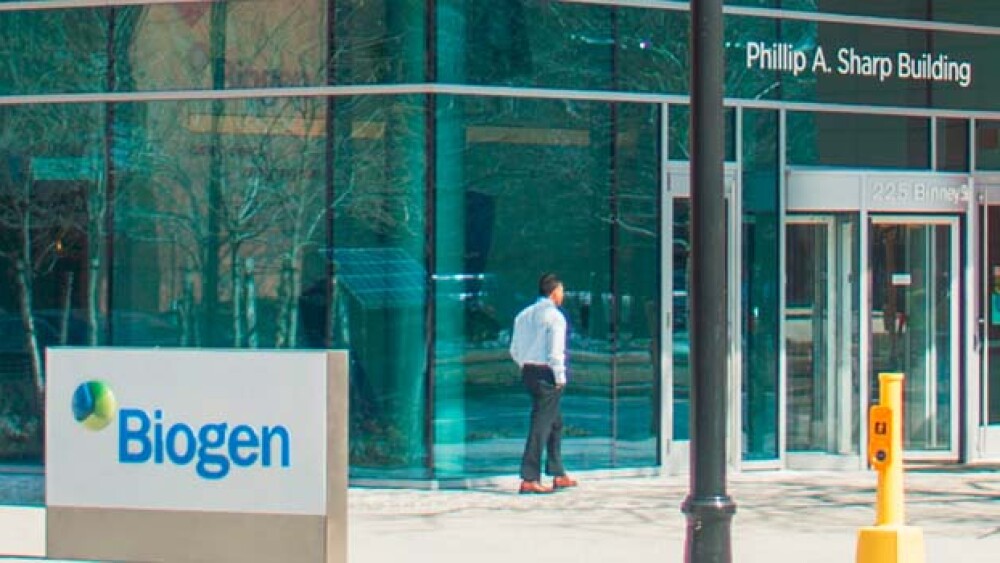After releasing positive topline data from the Phase II study of BAN2401 as a potential treatment for Alzheimer’s disease in July, some of the numbers did not hold up. This morning Biogen and its developmental partner Eisai attempted to provide an update on the information to show that the anti-amyloid plaque treatment still has some life.
After releasing positive topline data from the Phase II study of BAN2401 as a potential treatment for Alzheimer’s disease in July, some of the numbers did not hold up. This morning Biogen and its developmental partner Eisai attempted to provide an update on the information to show that the anti-amyloid plaque treatment still has some life.
In July, the companies released data from the Phase II trial that showed patients in the early stages of Alzheimer’s disease who were treated with the highest dose of the BAN2401 experienced 30 percent less cognitive decline than placebo. Additionally, of those patients who received the highest dose, 81 percent tested negative for amyloid after 18 months of treatment.
BAN2401, a humanized monoclonal antibody, selectively binds to neutralize and eliminate soluble, toxic Aβ aggregates that are thought to contribute to the neurodegenerative process in Alzheimer’s disease.
However, problems arose after a closer look was taken at the details. Investors and analysts noted that patients on low doses of BAN2401 did worse in some cases than placebo. There was also significant concern that the results excluded patients who carried the APOE4 gene, which is linked to increased risk of late-onset Alzheimer’s.
This morning, at the 11th Clinical Trials on Alzheimer’s disease (CTAD) conference in Barcelona, Boston-based Biogen and Tokyo-based Eisai, attempted to put a positive spin on the data and said the APOE4 gene had little effect on the rate of decline in the disease. In the announcement, Biogen and Eisai said they studied the rate of clinical decline in carriers of the gene, as well as those who do not carry it in the placebo group. They found that the rate was not statistically different from the rate of decline in the control group.
The companies said they also conducted an analysis on clinical outcomes in pre-specified subgroups of APOE4 status. At the highest treatment dose, those APOE4 gene-carrying patients who were treated with BAN2401 saw 63 percent less decline in disease progression at 18 months, while non-carriers saw a 7 percent less decline as measured by industry standards. Biogen and Eisai said the results suggest that the effect is related to bi-weekly treatment of BAN2401 at the highest doses and “and not due to an imbalance in subject allocation by APOE4 status.”
During the presentation in Spain, the companies highlighted the Phase II results initially released in July that showed not only did the highest dose of BAN2401 caused a statistically significant reduction in brain amyloid plaque at 18 months, but also resulted in less decline in disease progression at 18 months.
Eisai and Biogen said they are currently discussing the next steps for BAN2401 with regulatory authorities.





